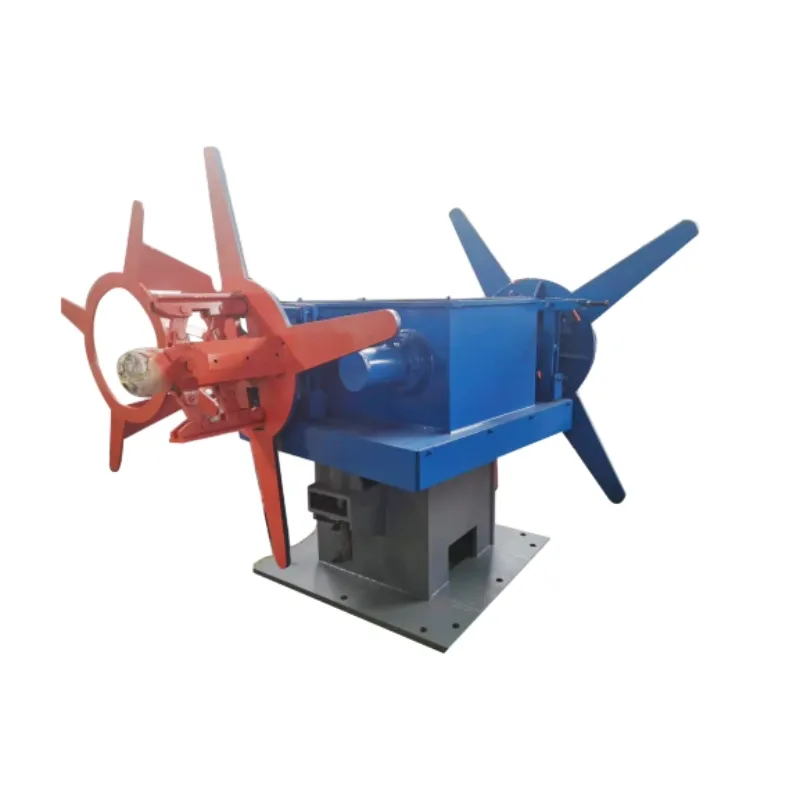polypropylene pipe welding machine
Understanding Polypropylene Pipe Welding Machines A Comprehensive Overview
In the construction and plumbing industries, the integrity and reliability of piping systems are paramount. Among the various materials available for piping, polypropylene is gaining prominence due to its numerous advantages, including chemical resistance, lightweight, and durability. To facilitate the installation of polypropylene pipes, the use of polypropylene pipe welding machines has become increasingly essential. This article explores what these machines are, how they function, their benefits, and their applications.
What Are Polypropylene Pipe Welding Machines?
Polypropylene pipe welding machines are specialized tools designed for the fusion of polypropylene pipes and fittings. These machines utilize a process known as heat fusion, where both surfaces to be joined are heated to a specific temperature until they become molten. Once the desired temperature is reached, they are pressed together, allowing the materials to bond as they cool. This method ensures a strong, leak-proof connection that is crucial for many applications.
Types of Welding Machines
There are several types of polypropylene pipe welding machines, including manual and automatic models. Manual machines require the operator to perform most of the tasks, which can be labor-intensive and requires a skilled technician to ensure proper execution. On the other hand, automatic machines streamline the process, offering consistent weld quality with less manual oversight. Some of the most common types include
1. Socket Welders Used primarily for smaller pipes, these machines are designed for the socket welding technique, where one pipe fits into another, forming a joint.
2. Butt Fusion Welders These machines are utilized for larger diameter pipes and are capable of welding two pipe ends together without the need for fittings.
polypropylene pipe welding machine

Benefits of Using Polypropylene Pipe Welding Machines
1. Durability Polypropylene welding produces joints that are as strong as or stronger than the surrounding material, enhancing overall system reliability.
2. Chemical Resistance Given the nature of polypropylene, welded joints can withstand various chemicals and materials typically encountered in industrial environments.
3. Cost-Effectiveness Although the initial investment in welding machines may seem steep, the reduction in material waste and the long-term durability of the joints often result in overall cost savings.
4. Ease of Use Especially with automatic machines, the welding process is streamlined, allowing for quicker installation times and the efficient completion of large projects.
Applications
Polypropylene pipe welding machines are widely used in a variety of sectors. In plumbing, they are employed in residential and commercial installations due to their leak-proof capabilities. In industrial applications, they can be found in chemical processing plants, where corrosion resistance is critical. Additionally, they are widely used in agricultural systems for irrigation, ensuring efficient water management.
Conclusion
In summary, polypropylene pipe welding machines play a crucial role in the efficient and reliable installation of piping systems across various industries. By understanding their functions, types, and benefits, professionals in the field can make informed decisions that enhance their project's integrity and longevity. As the demand for durable and reliable piping solutions continues to grow, these machines will undoubtedly remain a vital tool in the arsenal of construction and plumbing professionals.
-
High Frequency Straight Seam Welded Pipe Production Line-BzZhou Xinghua Machinery Equipment Manufacturing Co., LTD.|Precision Welding, High EfficiencyNewsJul.30,2025
-
High Frequency Straight Seam Welded Pipe Production Line|BzZhou Xinghua|Precision Welding&EfficiencyNewsJul.30,2025
-
High Frequency Straight Seam Welded Pipe Production Line - BzZhou Xinghua|Precision Engineering&EfficiencyNewsJul.30,2025
-
High-Frequency Straight Seam Welded Pipe Production Line-BzZhou Xinghua Machinery Equipment Manufacturing Co., LTD.NewsJul.30,2025
-
High-Frequency Straight Seam Welded Pipe Production Line-BzZhou Xinghua Machinery Equipment Manufacturing Co., LTD.|Precision Manufacturing, High EfficiencyNewsJul.30,2025
-
High Frequency Straight Seam Welded Pipe Production Line-BzZhou Xinghua Machinery Equipment Manufacturing Co., LTD.|Precision Steel Pipe Manufacturing&Industrial EfficiencyNewsJul.29,2025


